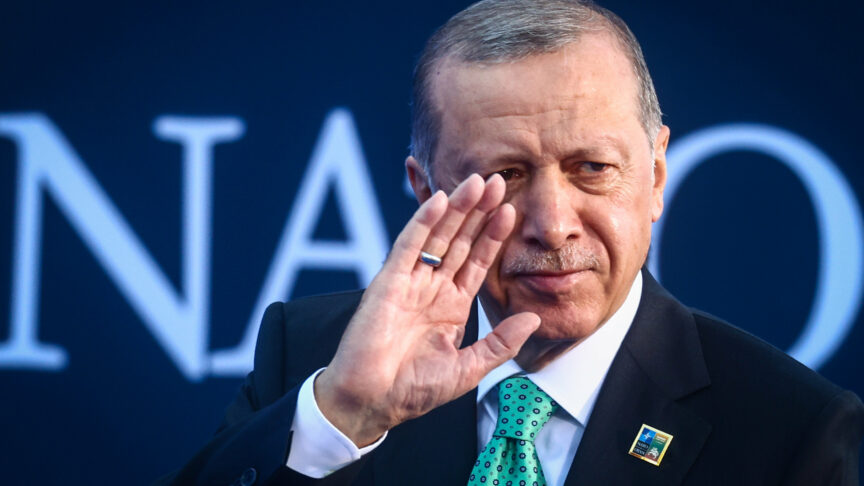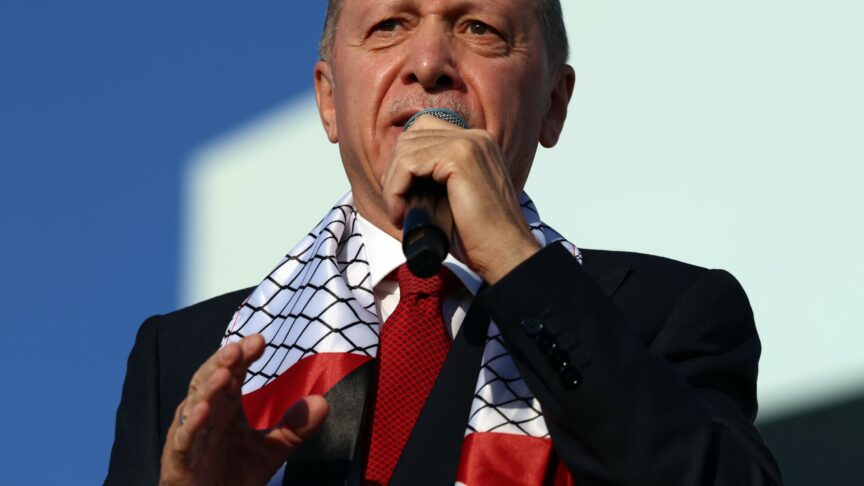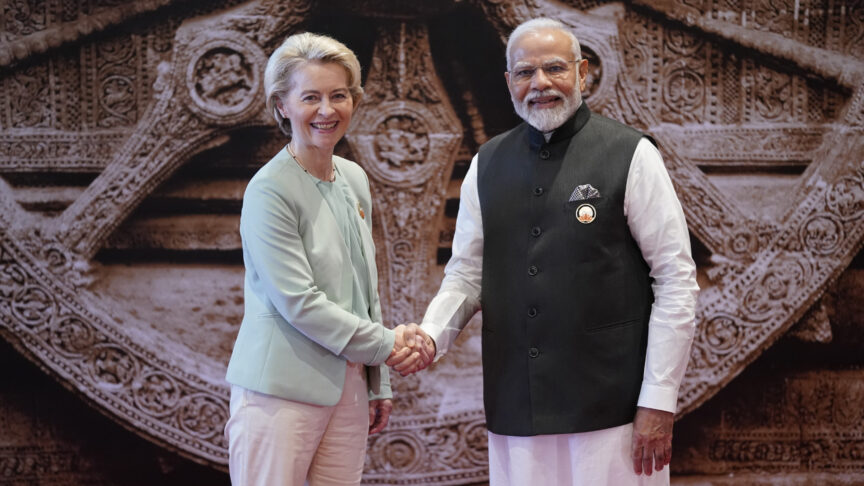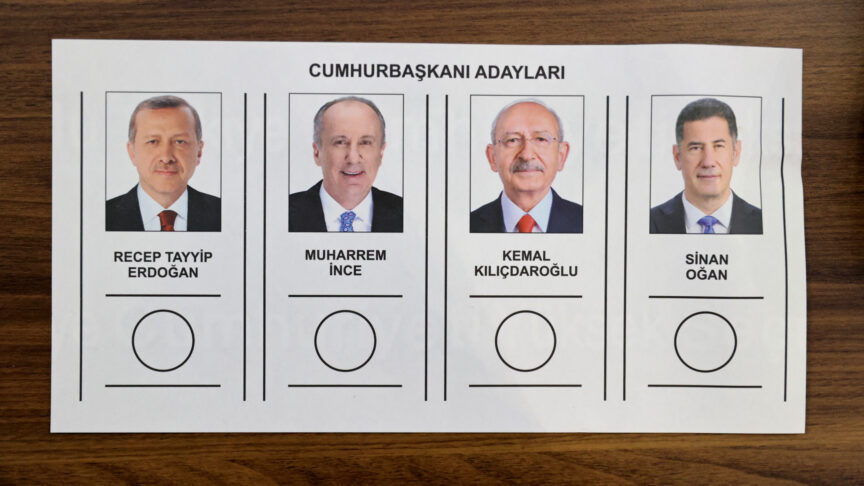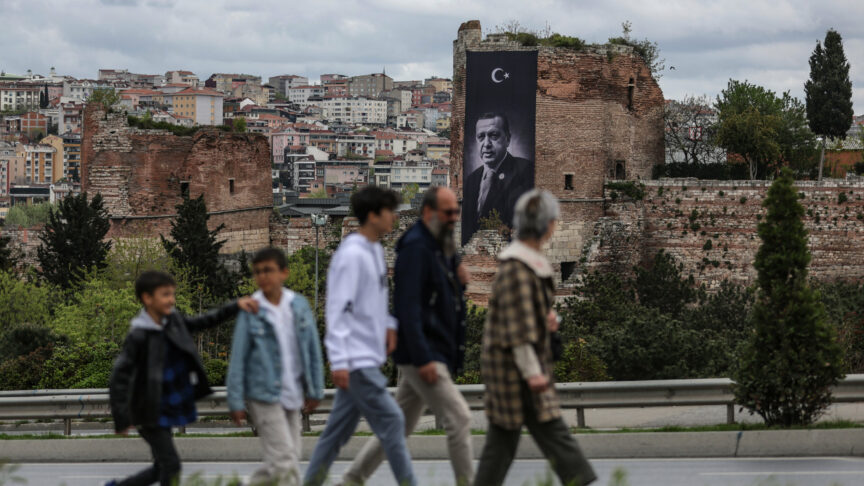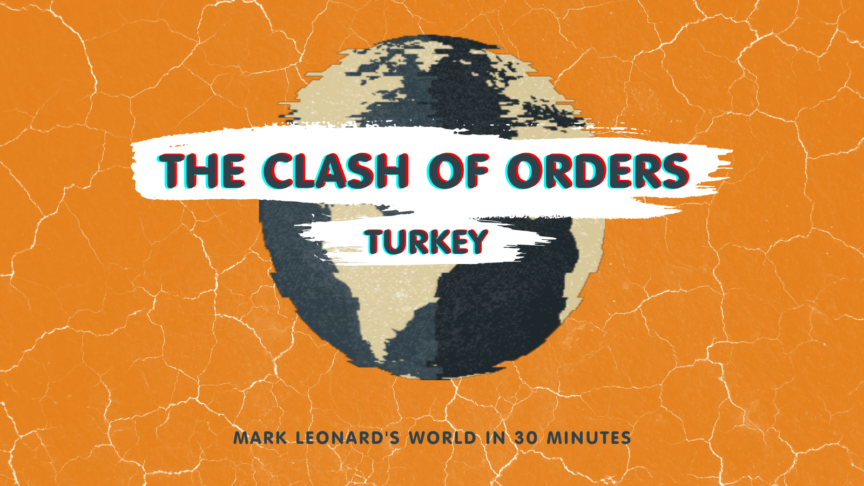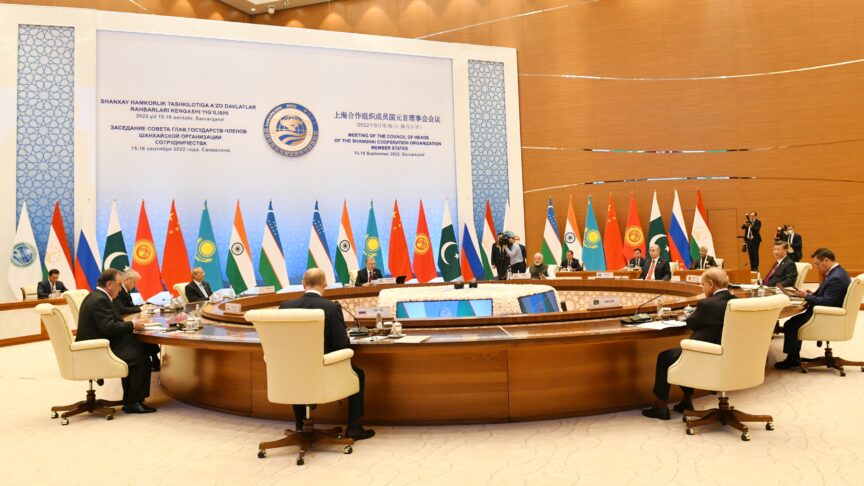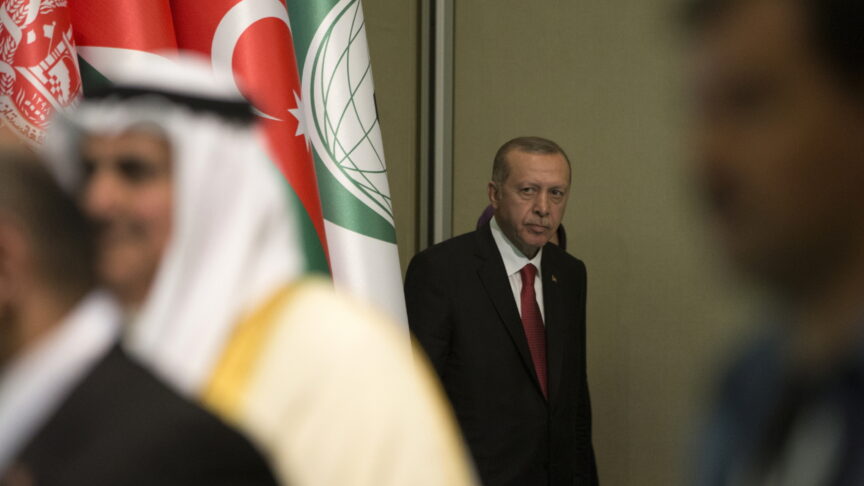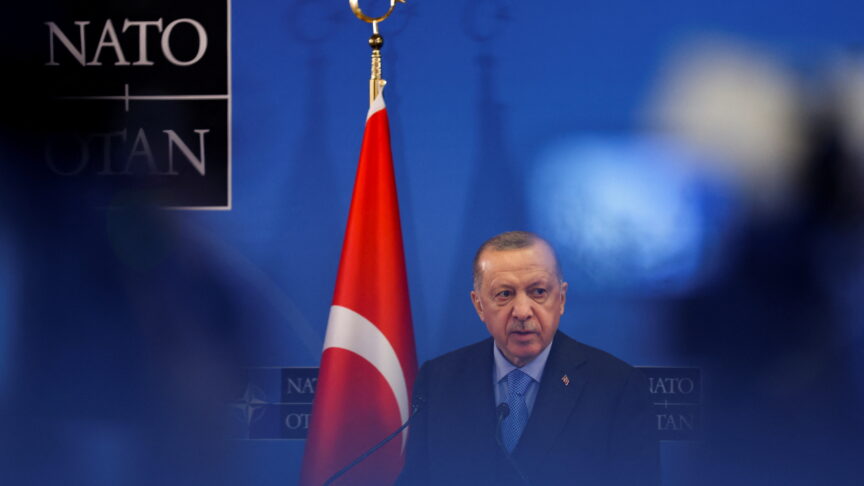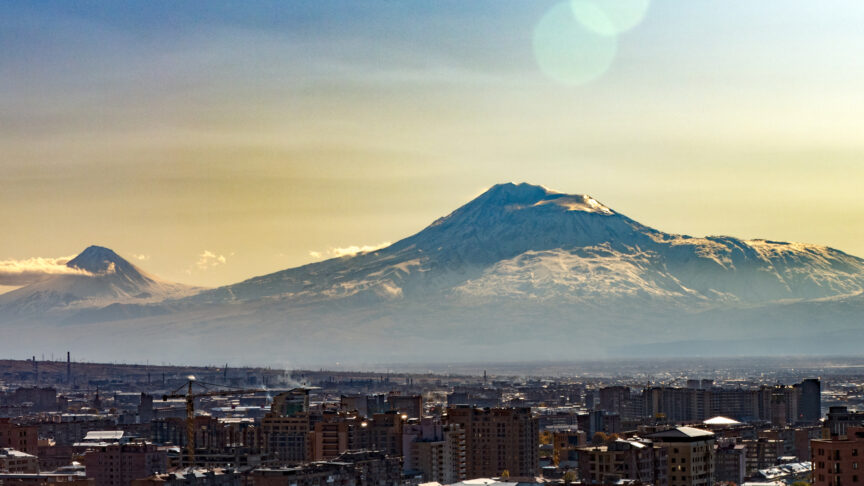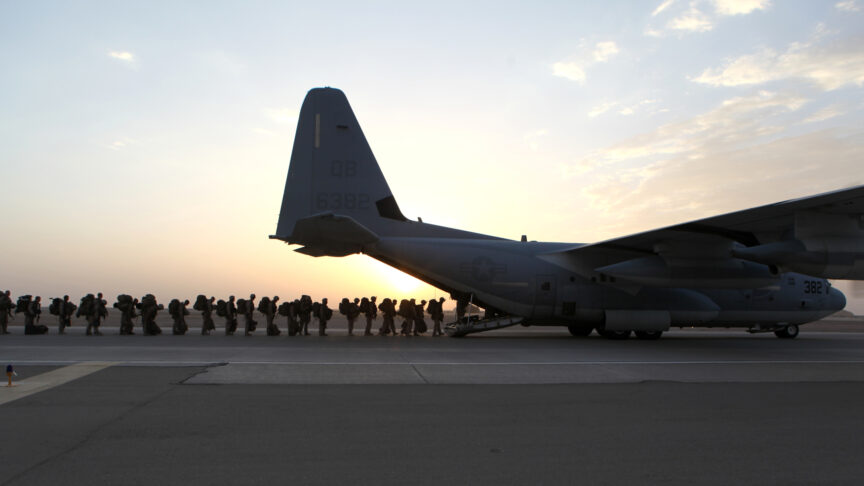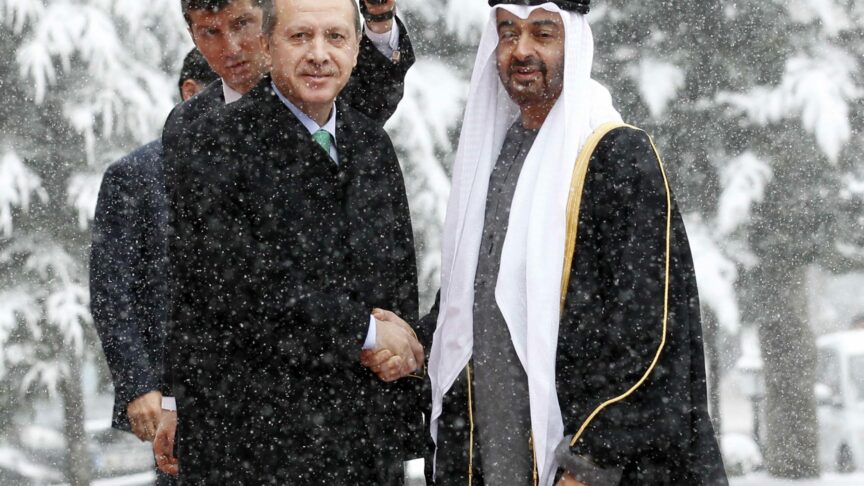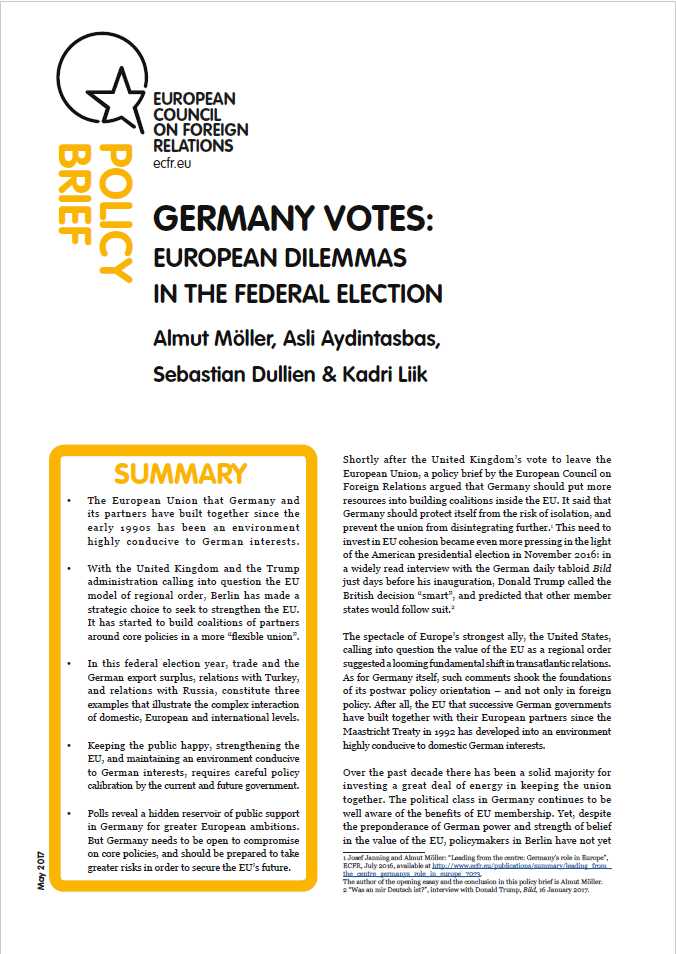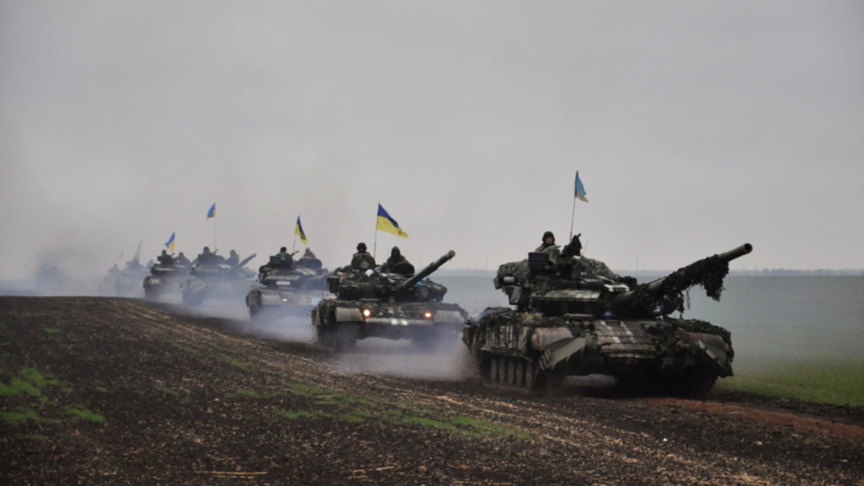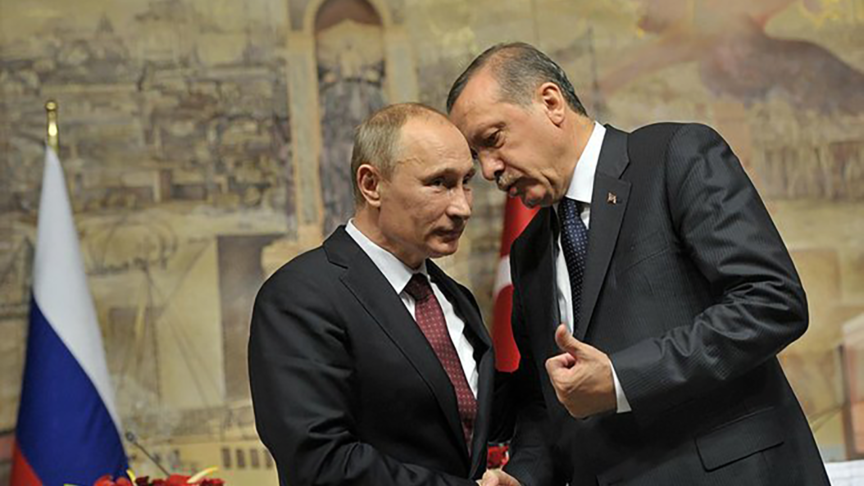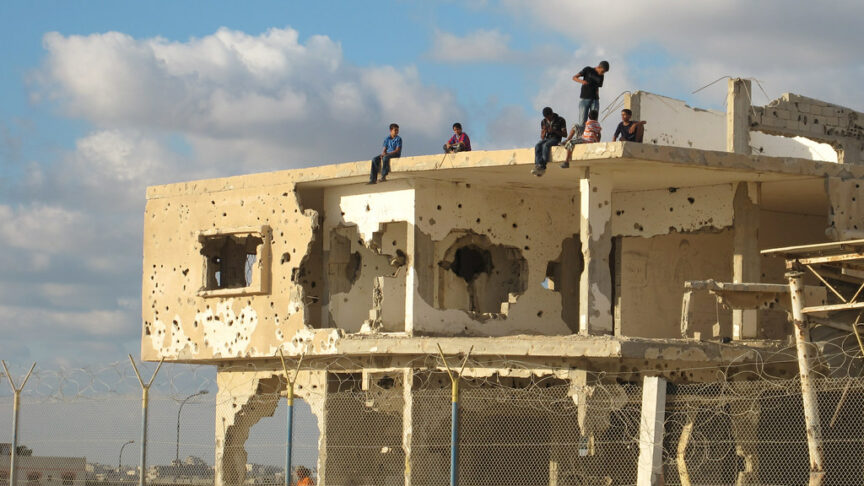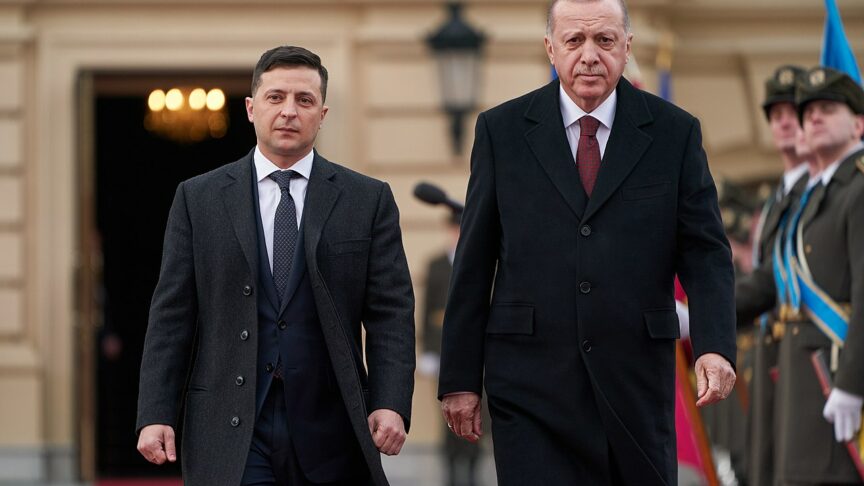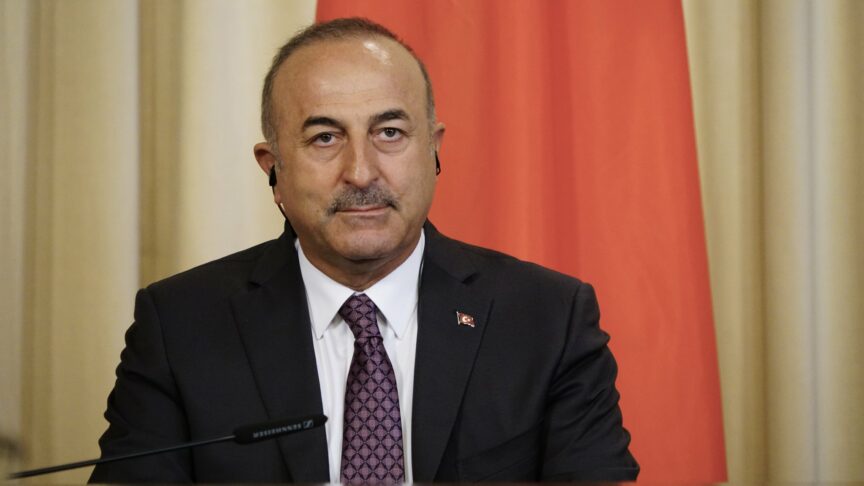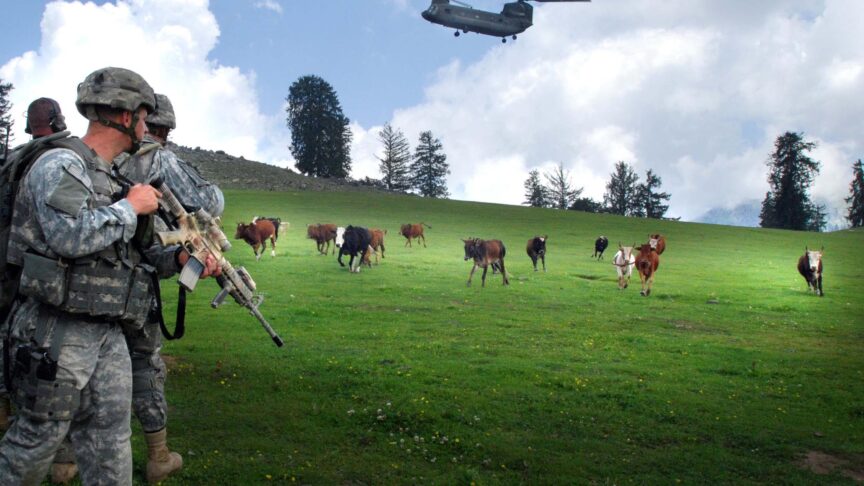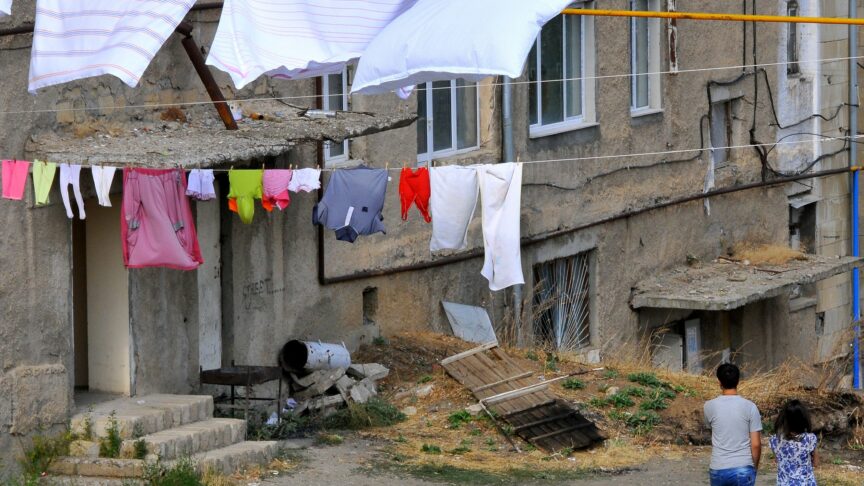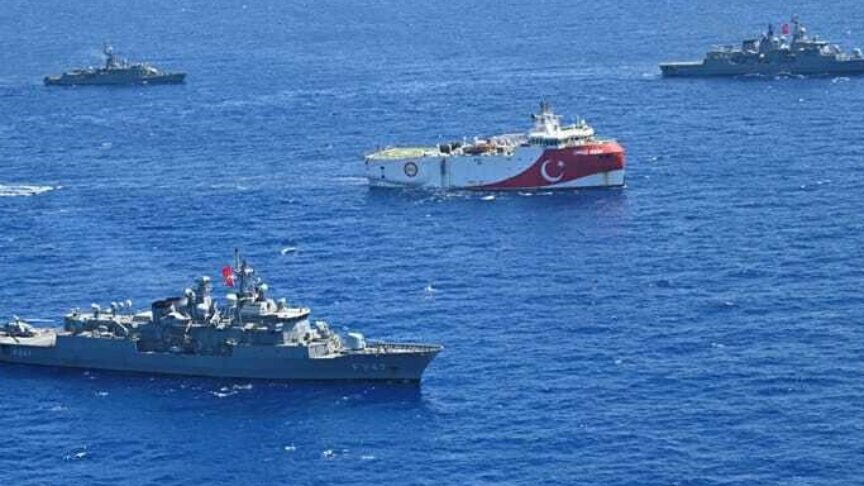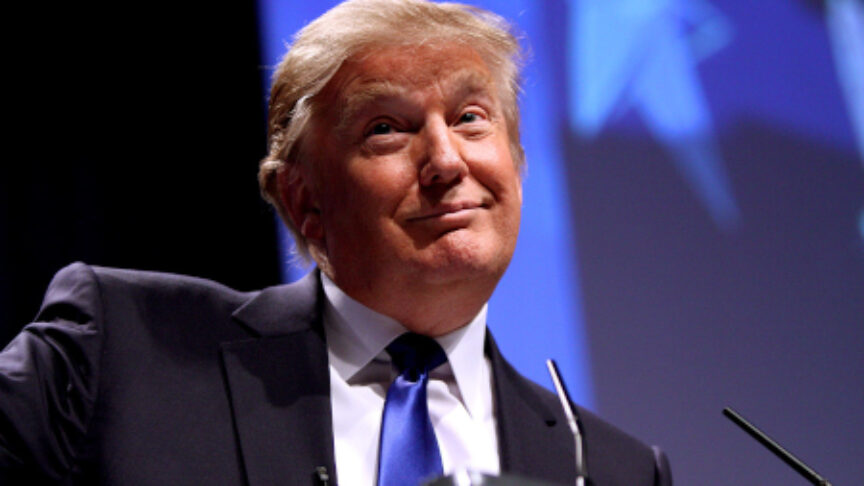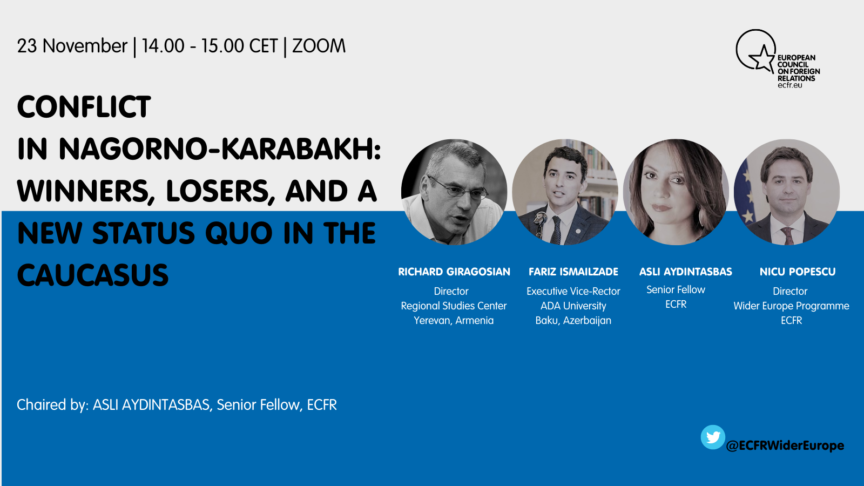Asli Aydıntaşbaş is an associate senior policy fellow with the Wider Europe programme at the European Council on Foreign Relation. Her topics of focus include Turkish foreign policy and external ramifications of its domestic politics.
She joined ECFR after a lengthy career in journalism; most recently she was a columnist at Milliyet (2009-2015) and previously a commentator on regional issues in international publications and networks. Aydintasbas’ columns not only delve into issues in Turkish foreign policy vis a vis the Middle East, but also probe issues of freedom and democratization in Turkey. She has written on these issues for publications such as the International Herald Tribune, The Wall Street Journal, the New York Times, Forbes, Politico, and Newsweek.
Aydıntaşbaş hosted the popular daily television programme Karşı Gündem on CNN Türk from 2013 to 2014. Prior to joining Milliyet, she served as a Washington correspondent and later the Ankara bureau chief for Sabah, one of Turkey’s leading newspapers. She covered the Clinton Administration, the United Nations, the Bush Administration, and the Iraq War in 1997-2004 as a Washington and New York correspondent for NTV and Radikal.
Aydıntaşbaş is a graduate of Bates College, where she was the recipient of Maung Maung Gyi Award for Excellence in International Relations and holds a MA in Journalism and Middle East Studies from New York University.
She is based in Istanbul but travels regularly throughout the Middle East and Europe.
